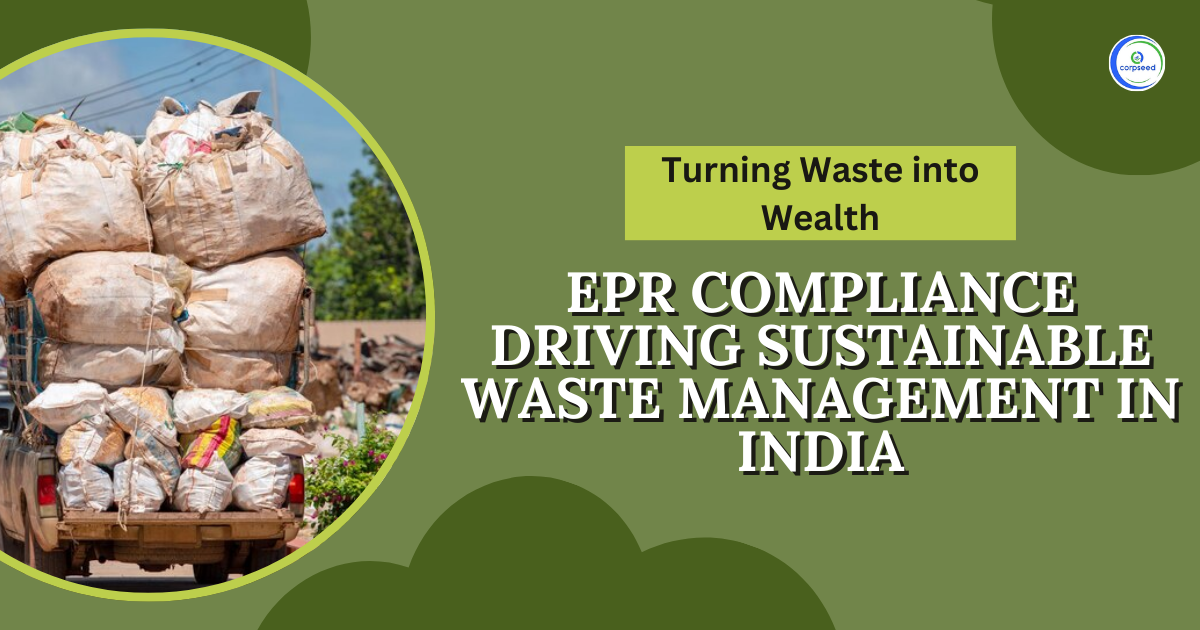India's environmental and sustainability framework is growing in such a way that there is no way to break it. Everyone here thinks about making the environment green and clean. Environmental compliance is no longer an option, rather it is a legal requirement that businesses in every sector will have to follow. The central part is EPR that is extended producer responsibility.
One of the main part of EPR is EPR registration Certificate, which is issued by Central Pollution Control Board (CPCB). This is a very important certificate for the industries that deal with plastic, tyres, e-waste, batteries, used oil and non-ferrous metal. Whatever waste is generated from these companies or industries, their responsibility is to manage it, which they have to handle with utmost diligence. EPR certificate is not a compliance, rather it is very important for a business so that all the work is done comfortably and in a legal manner.
What is an EPR Registration Certificate?
The EPR Registration Certificate is an official document confirming that a business has fulfilled the regulatory requirements set by CPCB. It allows producers and importers to legally operate within India while taking accountability for waste generated by their products.
An EPR registration certificate online is mandatory for companies importing electrical and electronic goods, plastic packaging, batteries, tyres, and lubricants. Without this certificate, imports can be restricted at customs, and domestic operations may face penalties. The CPCB registration certificate provides proof of compliance and helps in smooth business operations across India.
Table of Contents
- What is an EPR Registration Certificate?
- Why is EPR Certification Important in India?
- Types of EPR Certification in India
- Who Requires an EPR Registration Certificate?
- Benefits of Having an EPR Certificate
- Industries that Require EPR Certification
- Advantages of EPR Certificate for Import
- Role of CPCB in EPR Certification
- Conclusion
--------------Blog Contact Form-------------
Why is EPR Certification Important in India?
Here are the benefits of having an EPR Registration Certificate
- Legal Compliance: Without a valid EPR certificate, producers and importers cannot sell or distribute goods in India.
- Customs Clearance: An EPR certificate for import is mandatory for seamless clearance of shipments.
- Business Continuity: Companies without cpcb registration may face suspension of operations or heavy penalties.
- Sustainability Goals: A valid cpcb registration certificate ensures that businesses contribute to India’s environmental sustainability commitments.
- Market Access: Retailers and institutional buyers often demand a valid EPR certification as proof of compliance before purchasing goods.
Types of EPR Certification in India
These are the different types of EPR Registration Certificate
- EPR for E-Waste
All producers and importers of electrical and electronic equipment must obtain EPR registration certificate online for e-waste. This includes laptops, mobiles, televisions, refrigerators, and other electronics.
- EPR for Battery Waste
The EPR for battery waste applies to producers and importers of lithium-ion, lead-acid, and portable batteries. The epr registration process requires setting up collection systems for used batteries.
- EPR for Plastic Waste
The EPR for plastic waste covers plastic packaging materials, single-use plastics, and multi-layered plastics. Companies must file compliance reports after obtaining the epr certificate apply online.
- EPR for Waste Tyres
The EPR for waste tyres is mandatory for importers and manufacturers of tyres. The cpcb registration ensures that end-of-life tyres are collected, recycled, or disposed of responsibly.
- EPR for Used Oil
The EPR for used oil covers lubricants and industrial oils. Producers and importers must obtain a valid epr certificate for import to sell or distribute lubricants in India.
- EPR for Non-Ferrous Metals
The EPR for non-ferrous metals such as aluminium and copper applies to recyclers and importers. A valid cpcb registration certificate ensures safe recycling and reduced environmental impact.
Who Requires an EPR Registration Certificate?
EPR certificate is very necessary document and it is required by:
- Importers of Goods: Any importer bringing electronics, plastic packaging, tyres, batteries, or lubricants into India must obtain an EPR certificate for import.
- Manufacturers and Producers: Domestic producers of electrical and electronic equipment, plastic packaging, and batteries need EPR registration for import and local sales.
- Brand Owners: Companies selling products under their brand, even without direct manufacturing, require an EPR certificate apply online.
- Recyclers and Refurbishers: Authorized recyclers handling e-waste, tyres, or batteries also need a valid EPR registration certificate.
Benefits of Having an EPR Certificate
Here are the benefits of EPR Registration Certificate for businesses
- Smooth Trade Operations: With an EPR registration certificate online, businesses avoid shipment delays and rejections at customs.
- Better Brand Image: Holding an EPR certification highlights environmental responsibility, improving customer trust.
- Operational Security: Companies with valid cpcb registration protect themselves from shutdowns and penalties.
- Regulatory Recognition: A valid cpcb certificate apply online enhances credibility in the eyes of regulators and industry partners.
- Access to Larger Markets: Global companies prefer suppliers who have an EPR registration certificate online, making it essential for international trade.
Industries that Require EPR Certification
Some industries that require EPR Registration Certificate
- Electronics and IT equipment
- Battery manufacturing and imports
- Packaging and FMCG
- Tyre manufacturers and automobile sector
- Lubricant and oil companies
- Metal recyclers
Advantages of EPR Certificate for Import
Here are the benefits of having an EPR Certificate for Import
- Ensures compliance at customs checkpoints.
- Prevents shipment delays or rejection of goods.
- Allows participation in global supply chains.
- Builds confidence with stakeholders and partners.
- A valid EPR certificate for import is mandatory under cpcb registration requirements.
Role of CPCB in EPR Certification
The Central Pollution Control Board (CPCB) plays a vital role in the implementation of the Extended Producer Responsibility (EPR) framework in India. It is the central authority responsible for issuing the CPCB registration certificate to producers and importers, ensuring they operate in compliance with environmental norms.
Through its online system, the CPCB certificate apply online portal makes the registration process more transparent and accessible for businesses across sectors. Beyond issuance, CPCB closely monitors compliance with EPR obligations, checking whether producers are meeting their collection, recycling, and disposal targets.
This monitoring ensures accountability in waste management and helps reduce environmental pollution. Moreover, CPCB is empowered to take strict action against companies that fail to obtain an EPR registration certificate online or neglect their EPR duties. By enforcing these responsibilities, CPCB strengthens India’s waste management ecosystem and promotes sustainable business practices.
Conclusion
The EPR Registration Certificate has become one of the most critical regulatory requirements in India for 2025. Covering a wide range of industries such as electronics, plastics, batteries, tyres, lubricants, and metals, this certificate ensures that businesses take responsibility for the waste generated by their products.
The epr registration certificate online, along with the cpcb registration certificate, not only ensures compliance but also promotes long-term business growth and environmental responsibility. From importers to recyclers, every stakeholder in the supply chain must secure and maintain an EPR certification. The EPR certificate cost in India is an essential investment, guaranteeing uninterrupted trade, sustainability recognition, and market access.
Read Our Blog:
FAQ`s
EPR registration is mandatory for producers, importers, brand owners, and manufacturers dealing with plastic waste, e-waste, batteries, or other notified products. Any business that places such products in the Indian market must obtain an EPR certificate to ensure proper collection and recycling of post-consumer waste.
Yes, EPR registration is compulsory in India for producers, importers, and brand owners. Without a valid EPR certificate, businesses cannot legally sell or distribute products falling under the Extended Producer Responsibility framework.
The EPR registration fee varies depending on the category of waste (plastic, e-waste, batteries, etc.) and the quantity handled. The Central Pollution Control Board (CPCB) or State Pollution Control Boards (SPCBs) decide the applicable charges.
Yes, EPR is mandatory for MSMEs as well, if they are involved in manufacturing, importing, or selling products covered under EPR rules. No exemption is provided based on business size.
All producers, importers, brand owners, and manufacturers dealing with packaging materials, electronics, batteries, or plastic products require an EPR certificate before selling or distributing their goods.
No, EPR is not limited to packaging. It covers multiple categories such as plastic waste, e-waste, batteries, and tyres, ensuring producers are responsible for end-of-life waste management.
The Central Pollution Control Board (CPCB) issues EPR certificates for producers, importers, and brand owners at the national level, while State Pollution Control Boards (SPCBs) manage registrations at the state level.
This portion of the site is for informational purposes only. The content is not legal advice. The statements and opinions are the expression of author, not corpseed, and have not been evaluated by corpseed for accuracy, completeness, or changes in the law.
BOOK A FREE CONSULTATION
Get help from an experienced legal adviser. Schedule your consultation at a time that works for you and it's absolutely FREE.
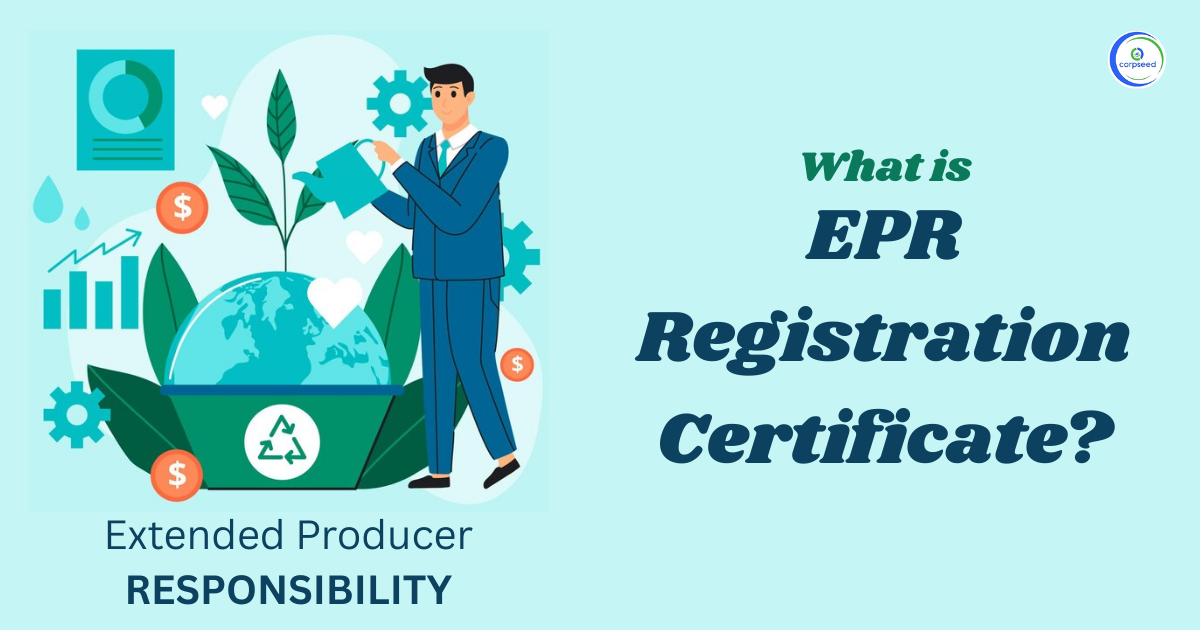

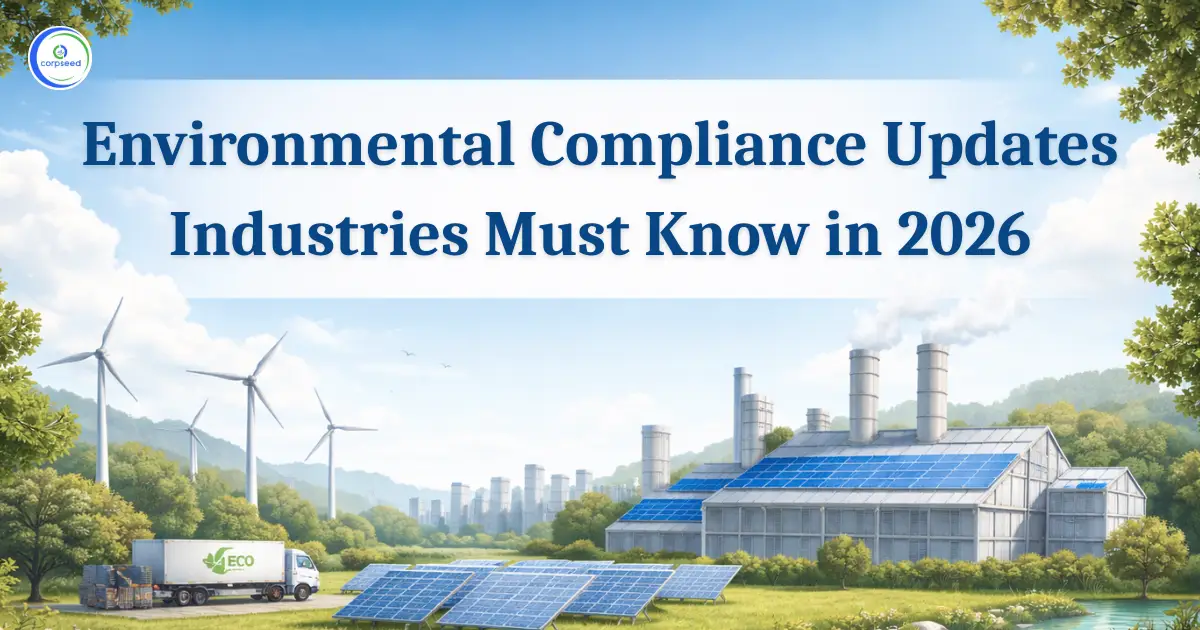
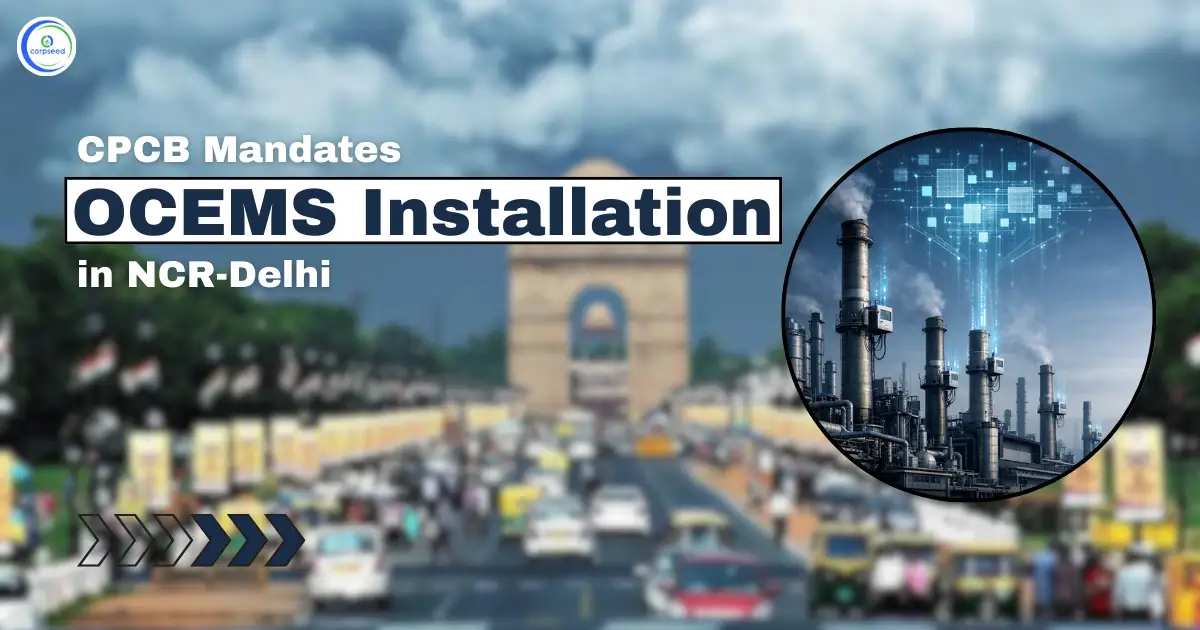
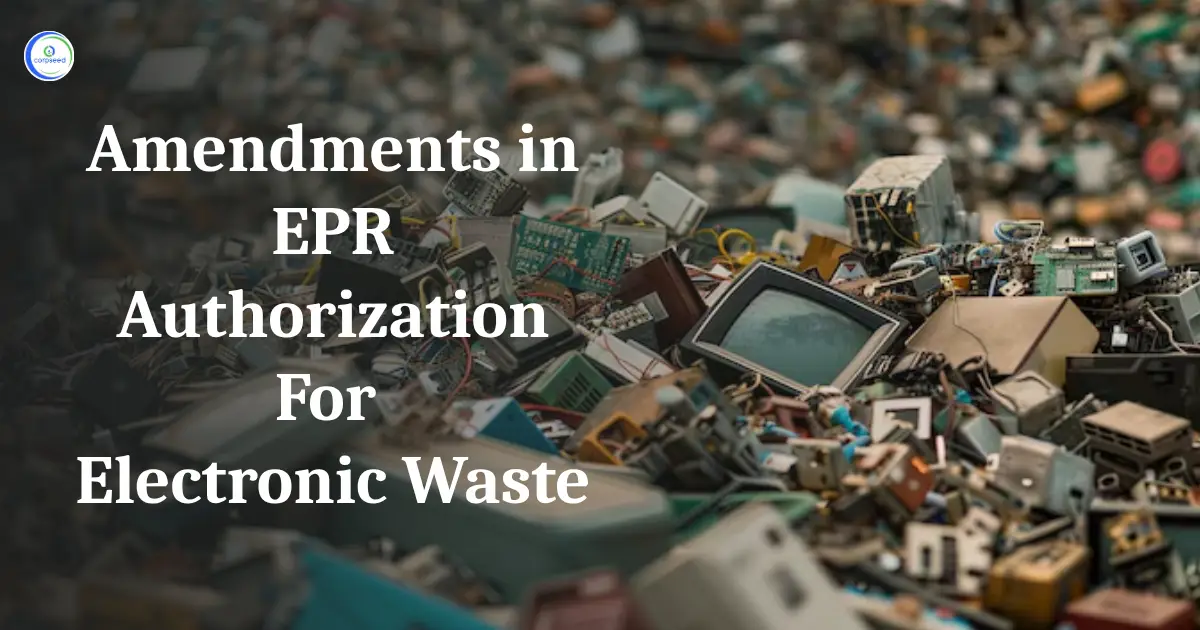
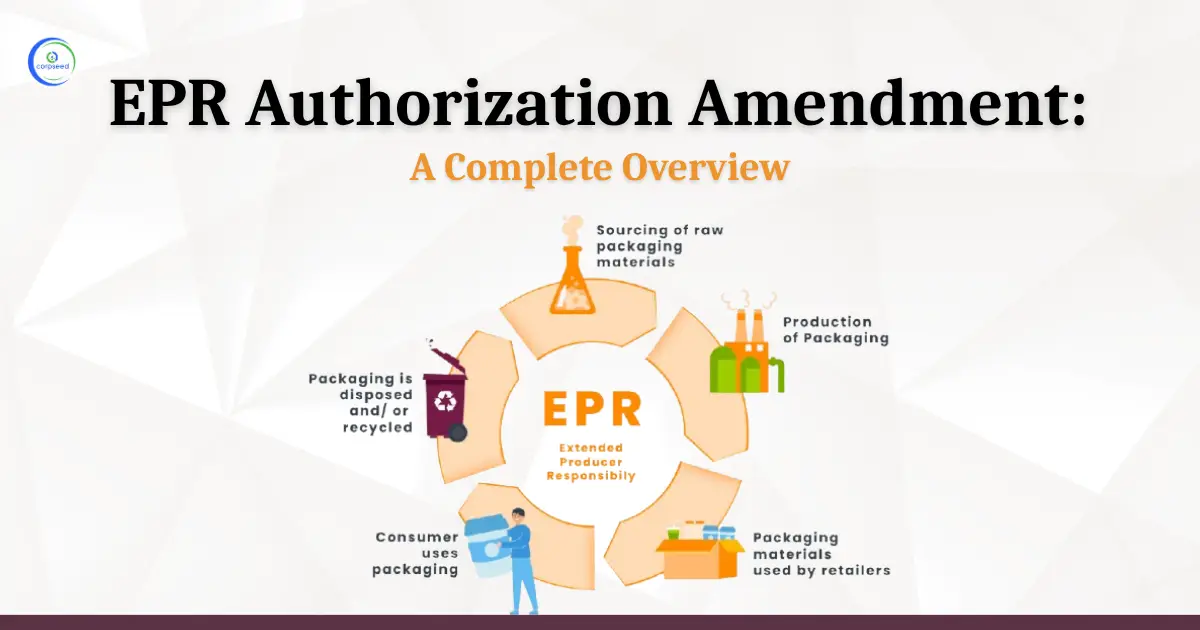
.webp)
